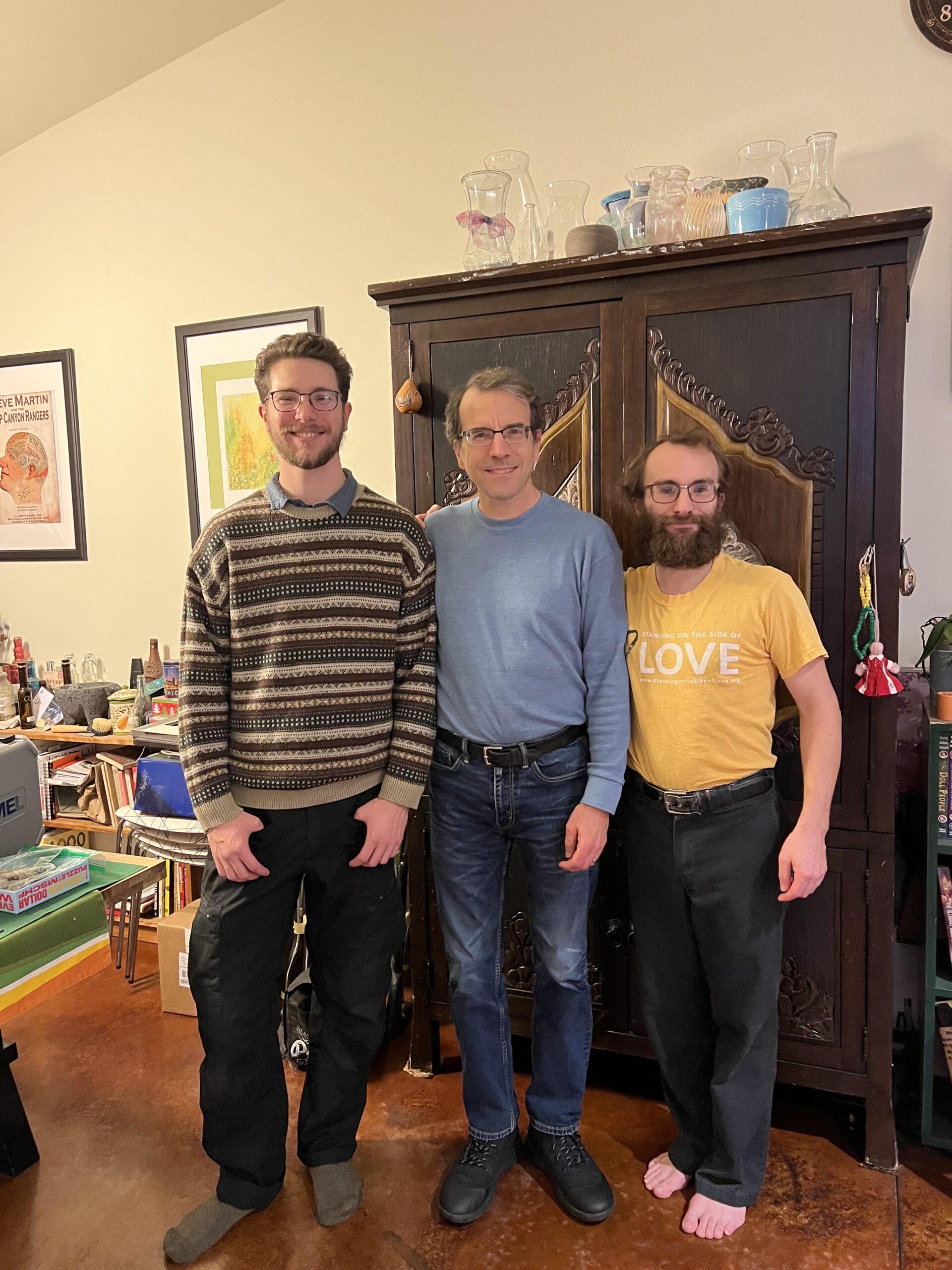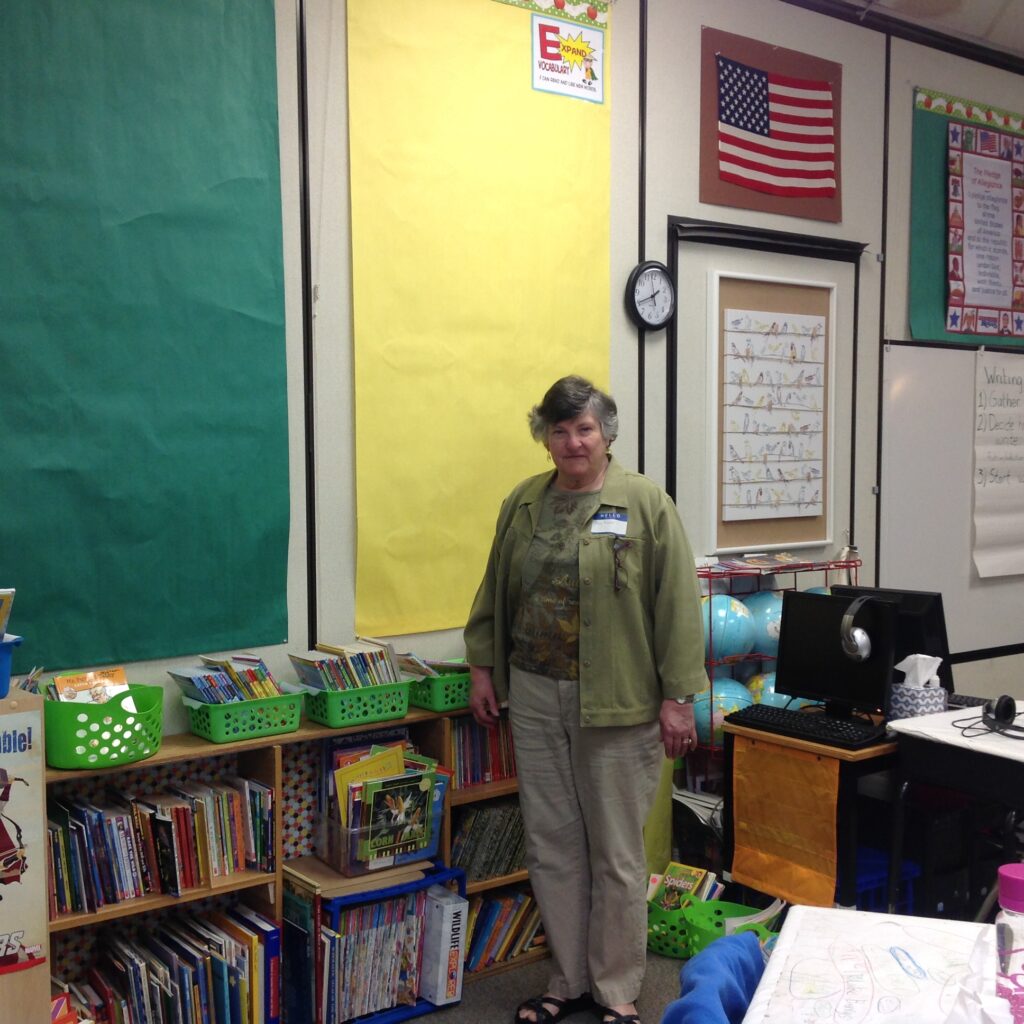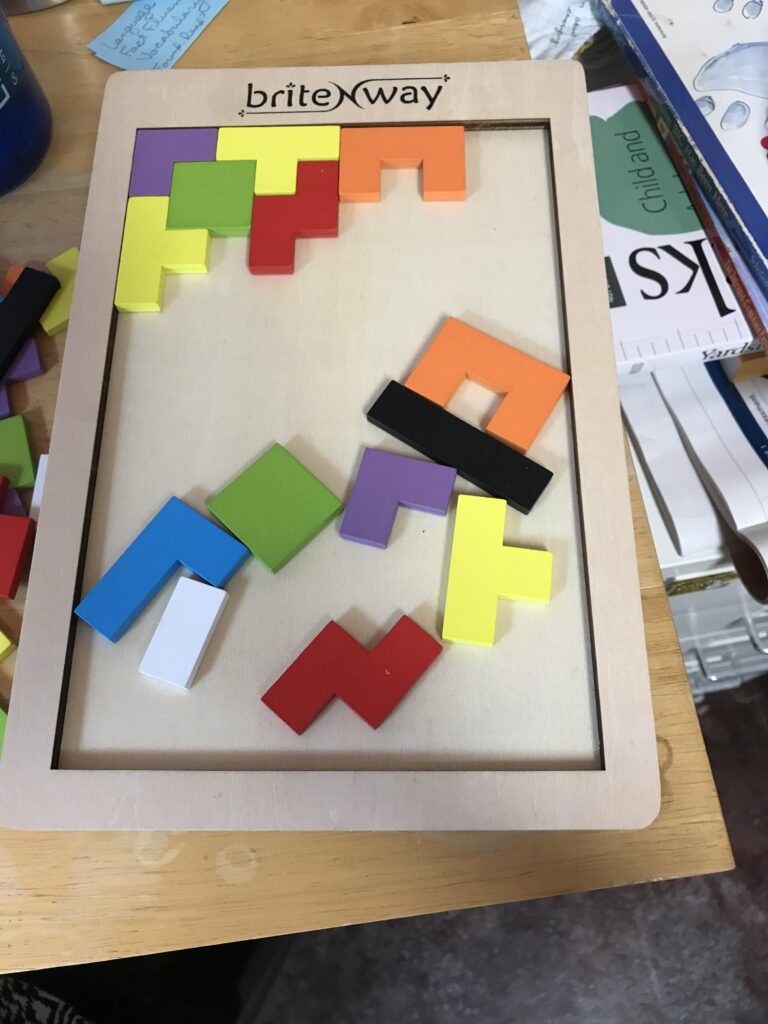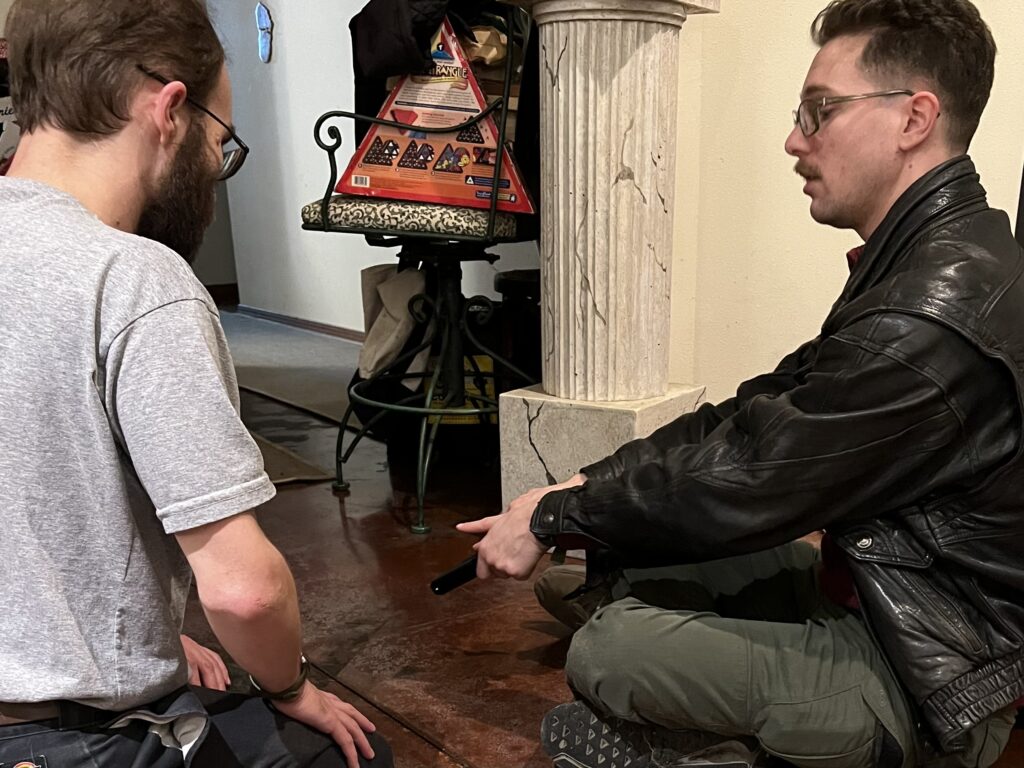
Very, very soon, our children will all be in their thirties. One passed that milestone a while back, another joins the trend imminently. Soon after, all our “extra” children – the ones we acquired as our kids brought them around. A few we see several times a year, others rarely if at all. But, they are all welcome and I think of them frequently.
As they grow older, I recognize the same issues and changes that we went through when we were younger. The uncertainty over jobs and housing. The dwelling on “milestones” their peers have achieved while they feel stuck in one way or another.
And I try not to be worried – the power of living a long time is recognizing these patterns and knowing that, usually, things work out. Maybe not as intended, but well enough, and often better than we could have planned.
I have always had a bit of a renegade side as a teacher – I know that not everyone develops in the same way or at the same time. A child can be a precocious talker and a later walker; a late reader but a natural calculator; a socially precocious individual but disinterested in academics entirely. Highly intelligent people can find traditional educational settings impossible to negotiate, and highly sensitive students can fear the social pressures of even a relatively calm middle or high school. People who are internally driven to pursue a particular path or trade often fare better (at first/in our society) in environments that are not actually best. Even the most flexible, supportive, engaging environment might not reach a student who has concerns outside of school.

I have known too many people who are “working class” and brilliant (as well as kind, hard-working, honest, reliable…) and supposedly “educated” people who are idiots when it comes to common sense and repairs (or social expectations) – or who are not kind, honest, reliable, etc. We have friends with PhDs, and friends who went to work straight out of high school. No one of them is more or less important, or impressive, than any other.
All of this I knew long before we had children, eternities before I started teaching in schools. I made sure our kids had the choice to attend college, but also frequently mentioned and promoted trade school, apprenticeships, and “waiting a little bit to figure out” and choose their paths.
We were “lucky?” that delays in finishing college meant that as young adults we had a harder time finding living-wage jobs because unlike our peers we were seeking employment during the beginning of a recession. We were also “lucky” to have infants while we were younger than many of our peers who had scored professional-level employment soon out of college.
Which meant that, by the time our kiddos were in middle and high school I was able to consider returning for a graduate degree and teaching certificate. With younger children I had been reluctant to go back to school as even then the workload would have been too much for me (household chores/cooking etc. plus the demands of school and student-teaching). Having helped one of my parents who was a teacher I knew that even experienced teachers can exhaust themselves during the school year.
What a shock I had this year to realize that I am now considered an experienced teacher!

It does also mean that, as I am approaching retirement age and my health and mobility continue to decline I may not be able to provide financial support as long as I would prefer. And since I waited so long to go back for my credential and didn’t get full-time employment right away I again entered the job market during a recession! So I don’t have as many years toward retirement as I thought I would.Timing…
Time. Another year is almost over. We both still have two living parents, which means the probability of our living into our late 80s and early 90s is pretty good. Retirement at 62, or 65, 67, (or for people only a little younger than us close to 68) is the norm. But do we want to retire “on time?” Do we want to have graduated retirements? Can I work full-time longer than the end of this school year? Or work in-person as a teacher at least part-time?
Or… (as a different path) can we afford for me to stop working as a full-time teacher at the end of this year and create an alternative (remote/part-time or both) model for me as a tutor? It would take a while to develop clientele and create a work space that is optimized again for remote instruction. I could continue teaching without the health concerns of working directly with people. Not a bad idea, just a relatively big initial hit to finances.

However, working from home eliminates as much as 2 hours of commuting time (more if it’s very snowy/icy or there are collisions). It allows me to take more mid-day breaks (better for my health), to take on more of the daily household chores of cooking and clean-up, and to spend more time outside in the garden. Our electric bill would go down (electric vehicles would also last longer), and I wouldn’t need or want to purchase so many items to make both teaching and housekeeping/meal prep easier. Thus, the income I make could be lower without that much belt-tightening.
So strangely, paradoxically even! I find myself going through similar mental contortions as many of our children. Should I take this path, or a different path? What will work best – not only for me and those I love, but for the people I work with/for? Can I pursue a passion without placing myself in an untenable situation (as in: being in a building with multiple harmful allergens, and surrounded by people who reject vaccinations)? I love teaching, but the assaults on my health on an average day are noticeable, and on a bad day can send me home early.
More than 40 years since high school. More than 30 years since parenthood. More than 10 years since I started my “dream job.”
I might have another 40 years to live, or more, given my family history. There is time for a completely new career with at least ten or fifteen years of retirement afterward.
Which brings me around to our children. My life has had so many twists and turns. More than one career. Several jobs. Interrupted post-secondary education. Health and mobility impairments that often limit choices. I am, I think, a living model of one way to understand “adulting.”
I don’t match the media-slick image of a professional – clothes, hair, and car “just right” with a perfectly manicured lawn and beautifully maintained home.
I don’t match the idea of a stay at home parent/spouse (even when I wasn’t being paid a salary I had a few side gigs and projects as well as volunteer work).
I don’t match the (familial) ideal of a person who never is sick, never complains, and is constantly productive at something…. unless you’re sick enough to stay in bed all the time and see a doctor.
I also don’t match the idea of a modern parent – tending to wait to help until our children ask, not rushing in to make things right when they fail, letting them fail at times when the stakes in retrospect would seem low (while admittedly being ready to step in or suggest resources). I know the value of failure. And I know the gift of time.
I am still in the process of inventing myself, of figuring out how life works at this stage, any stage.
And I am, strangely, not worried about our children as they grapple with similar issues at earlier stages and ages. They’ll figure things out.

We all grow, learn, work, and exist on our own timelines, and we all find unique ways to get through life.
My wish for our children is that they will gain new insights from adversity, strength from discovering their own ways to solve problems, and joy from following their passions. My wish is that they can be alone without being lonely, can find a few good friends who persist beyond location and time, can have the leisure to keep perspective on this long, broad path called life.
And my wish for you is the same.
May 2025 be easier than you anticipate, more interesting than overwhelming, and full of personal growth!
